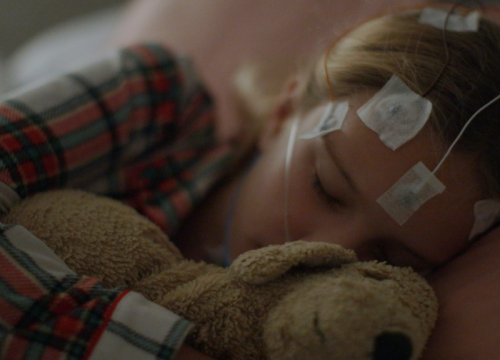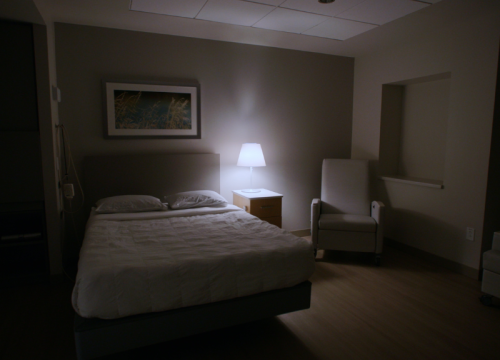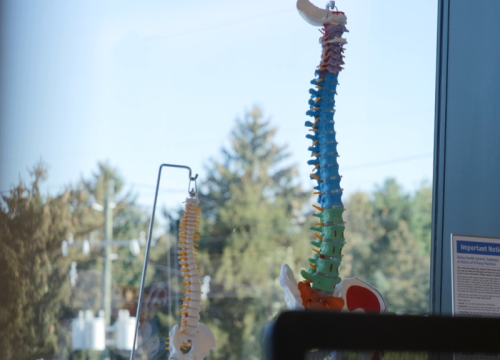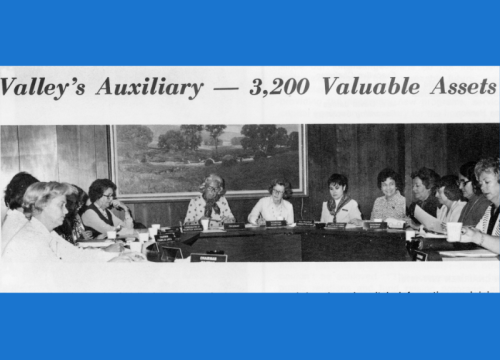Through Valley Home Care, adult and pediatric hospice patients can participate in music therapy, which allows patients and families the opportunity to better express themselves, reminisce, engage in a positive activity, and experience enhanced comfort. At Valley, music therapy is more than just a service. Our music therapist is included in the patient’s hospice team and collaborates with providers as an integral part of the patient's care.
How Does Music Support Healing?
Music affects our bodies in many ways and has been found to stimulate more parts of the brain than any other experience. Physically, music affects heart rate, respirations, blood pressure, pain response, and helps synchronize movement.
Music connects to physical, cognitive, and mental functions as it triggers the release of hormones through neurotransmitters. These hormones affect mood states, increase alertness, stimulate memory, enhance focus and/or sleep, and reduce anxiety and depression.
Benefits of Music Therapy
Addresses Psychosocial Needs & Coping: Music therapy nurtures enhanced self-expression, increases engagement with a patient’s surroundings, and increases the patient’s ability to cope mentally, physically, and spiritually.
The Benefit for Caregivers and Families: Music can help many do what they haven’t done in years. Many families have commented on how the in-the-moment approaches of music therapy have given them a glimpse of their loved ones that they haven’t had since before illness affected their loved one.
Engagement in the Life Review Process: The life review process is a key part of hospice care used to help patients find meaning and achieve resolution. Life review supported by a music therapist has been found to bring about many important stories and memories, often more than talking alone, as music of certain times or meanings is cognitively bound to memories.
Our Music Therapist
Jennifer Knittel, Board Certified Music Therapist
Jennifer Knittel has been a music therapist for 22 years. She graduated from Elizabethtown College with a Bachelor of Science in Music Therapy and has been board certified since 2001. Since 2018, Jennifer has made over 700 hospice visits.
Her favorite part about being a music therapist is the gift of surprises: when a patient recalls something they couldn’t remember, when a patient who has not spoken in months starts singing, and when families make new meaningful memories, all because of the relationship built between the music, the patient, and the music therapist.
Music therapy can be requested through a hospice social worker on a patient’s interdisciplinary care team.
















